At a recent meeting of the Government Standing Committee on the real estate market situation, the Prime Minister requested ministries, sectors and localities to urgently take action to clarify the causes of the increase in real estate costs and prices, and at the same time remove barriers to promote healthy market development, suitable for the income of the majority of people.
Bottlenecks tightening supply
The direction of the head of the Government emphasizes the requirement to cut at least 30% of the time and cost of carrying out administrative procedures related to investment, construction and project development, and strictly handle acts of speculation, creating virtual fever, and manipulating the market.
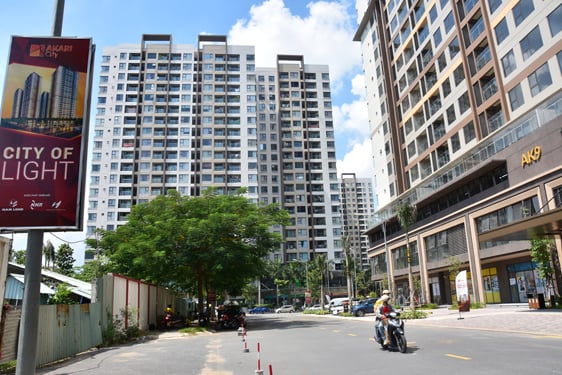
The phase difference and scarcity of mid-range apartments have had a big impact on the price of this market in recent times. Photo: TAN THANH
In fact, the real estate market has not developed commensurate with its potential, and there are still many long-standing bottlenecks. According to a report by the Ministry of Construction , one of the main reasons why real estate prices remain high is due to an imbalance in product structure. While the high-end segment (villas, low-rise houses) is in surplus, affordable housing is extremely scarce, especially in large cities such as Hanoi and Ho Chi Minh City. The selling price of many products is currently far beyond the affordability of the majority of people, especially the middle and low-income groups. "Housing prices have increased partly due to sharp increases in input costs, especially costs related to land when applying the new price list, in addition to the situation of land auctions with unusually high winning rates. There are many cases where investors form groups to participate in auctions and then abandon deposits to create virtual price levels for profit," said Deputy Minister of Construction Nguyen Van Sinh.
In addition, speculation and price inflation by unqualified brokers without practice certificates have caused the market to lose transparency. "Many freelance brokers operate haphazardly, colluding to raise prices, causing people to suffer losses and lose confidence in the market," the report of the Ministry of Construction stated.
From a business perspective, Mr. Dang Anh Tu, General Director of Saigon 5 Real Estate Development Joint Stock Company, said that high real estate prices are a direct result of skyrocketing input costs. "The prolonged administrative procedure costs cause loans to increase. A project that lasts from 3 years to 6 years can cause the total cost to increase by 20%-30%, leading to a corresponding increase in selling prices," said Mr. Tu. He emphasized that if the Prime Minister's directive on cutting 30% of the time and cost of procedures is properly implemented, the cost of the product will decrease significantly and buyers will truly benefit.
Regarding the supply-demand structure, Mr. Vo Hong Thang, Deputy General Director of DKRA Group, analyzed: "Current real estate prices reflect the situation where supply cannot keep up with demand. While real housing demand remains high, supply is congested because projects are slow to clear legal issues." According to him, the efforts to remove obstacles in recent times are commendable, but compared to the long period of stagnation, the impact of the removal policies is not strong enough to cool down the market.
Citing evidence from the Ho Chi Minh City market, DKRA Group's May report shows that Class A apartments account for 76% of new supply. Meanwhile, segments suitable for middle-income earners are almost undeveloped. Total market consumption reached less than 1,200 units, down 11% year-on-year, showing that real purchasing power is still low even though prices are no longer climbing as in the 2021-2022 period.
The Ministry of Construction's report for the first quarter of 2025 shows that the country only has 3,813 completed commercial housing apartments, an increase of 40% over the same period but still not meeting demand. Notably, although credit capital for real estate has reached more than 1.56 million billion VND, an increase of 7% compared to the fourth quarter of 2024, disbursement is still difficult because businesses lack collateral, while many projects have not completed legal procedures.
In addition, the instability of financial markets such as stocks, gold and bonds also causes money to continue to "take refuge" in real estate, creating pressure to increase prices even though actual transactions are not active. The lack of land valuation database also makes it difficult for management agencies and businesses to determine financial obligations, further prolonging project implementation progress and increasing costs.
Untie the law, open the way for capital flow
Faced with many obstacles in the market, the Government Standing Committee has assigned relevant agencies to urgently review, amend and eliminate overlapping and inappropriate regulations. In particular, it is necessary to focus on common bottlenecks such as suspended planning, difficulties in determining land prices, procedures for converting land use purposes, investment appraisal and construction licensing.
According to statistics from Task Force 1435, there are currently 788 real estate projects facing difficulties nationwide, of which only 136 projects, equivalent to 17.3%, have been resolved. Up to 251 projects are facing land issues - accounting for more than 40% of the total number of projects facing difficulties. This shows that removing bottlenecks in land and investment procedures is the core solution to increase supply and reduce prices.
In terms of credit policy, the State Bank was tasked with directing commercial banks to focus on disbursing loans for affordable commercial housing projects and to research separate credit packages for young first-time homebuyers. Reducing access to capital was also emphasized to facilitate both businesses and homebuyers.
In addition, it is necessary to improve the legal system on housing, urban planning, construction investment and real estate business. The Ministry of Construction is coordinating with the National Assembly to develop a Resolution on piloting a special mechanism for developing social housing. Promoting capital flows into this segment will solve the housing problem for the middle and low-income groups - a large force but currently neglected in the market.
A notable proposal is to increase post-inspection and reduce pre-inspection. Instead of requiring too many procedures from the beginning, some requirements can be transferred to a later stage, helping to shorten the investment time while still ensuring construction quality and legal safety. "If the project takes 3-5 years to complete procedures before being built, the cost will certainly increase. Priority should be given to policies to expand supply as soon as possible," Mr. Vo Hong Thang emphasized.
In particular, it is necessary to improve the capacity to monitor and strictly handle acts of manipulation and creating virtual fever in the market. The Ministry of Construction recommends tightening the activities of individuals and non-professional brokerage groups, while raising professional standards to ensure transparency. Building a unified and transparent market data system is also an important foundation for better control of prices and trading activities.
In the context of the economic growth target of up to 8% in 2025 and double digits in the following years, developing a stable and sustainable real estate market is not only an economic requirement but also a social security issue. Accordingly, removing legal obstacles, administrative reform, reorienting product structure and unblocking capital flows will be important "G points" to cool down housing prices, bringing real estate closer to real needs.
Source: https://nld.com.vn/ha-nhiet-gia-nha-o-goi-ten-nguon-cung-19625061621514353.htm








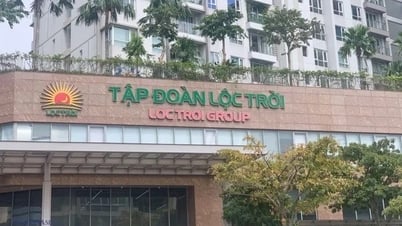



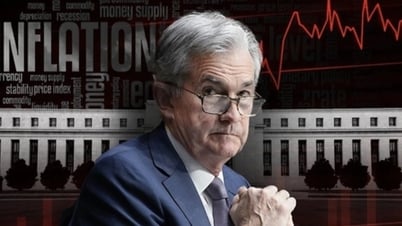


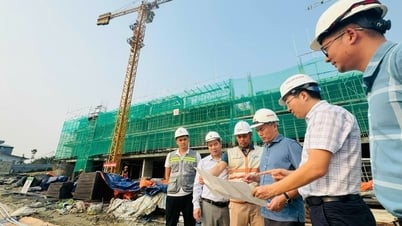
























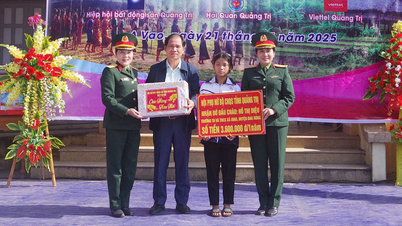





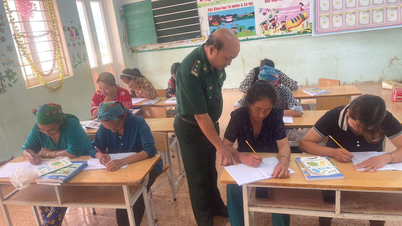









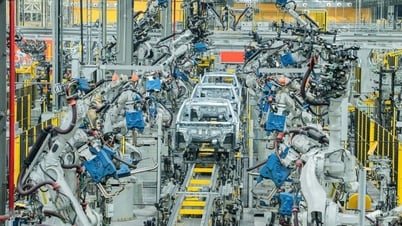

















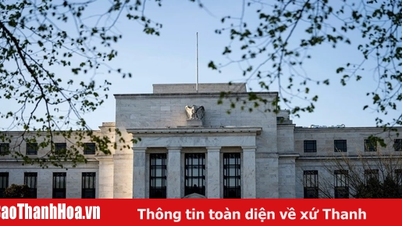



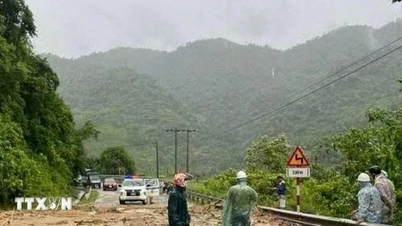






















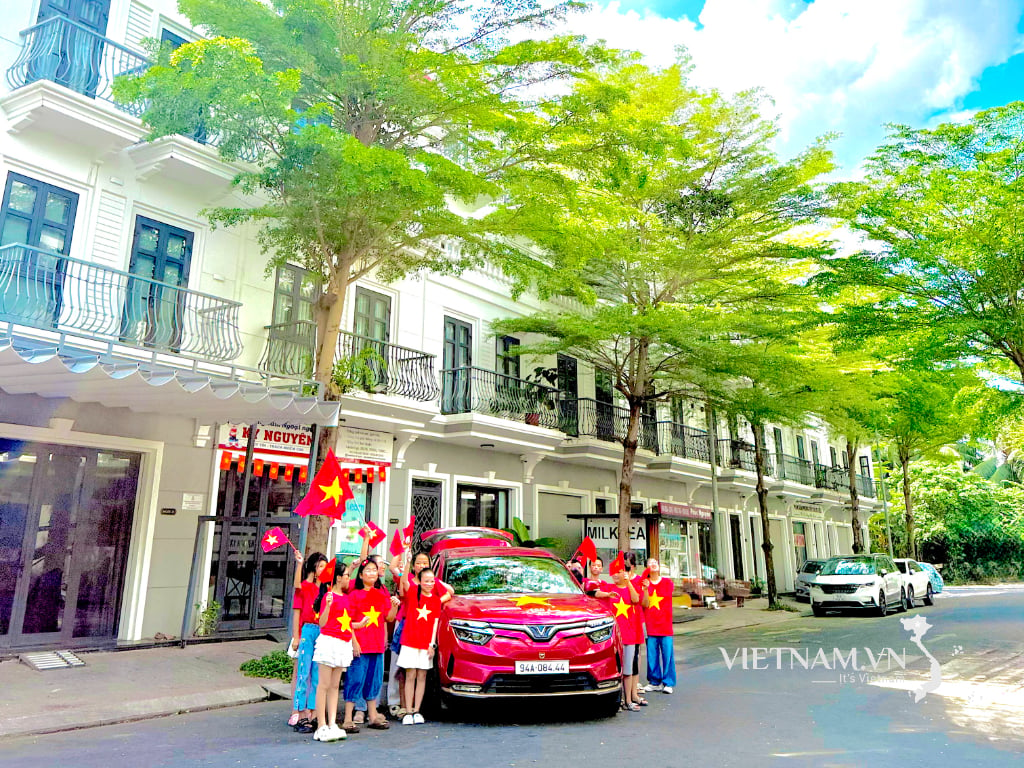
Comment (0)